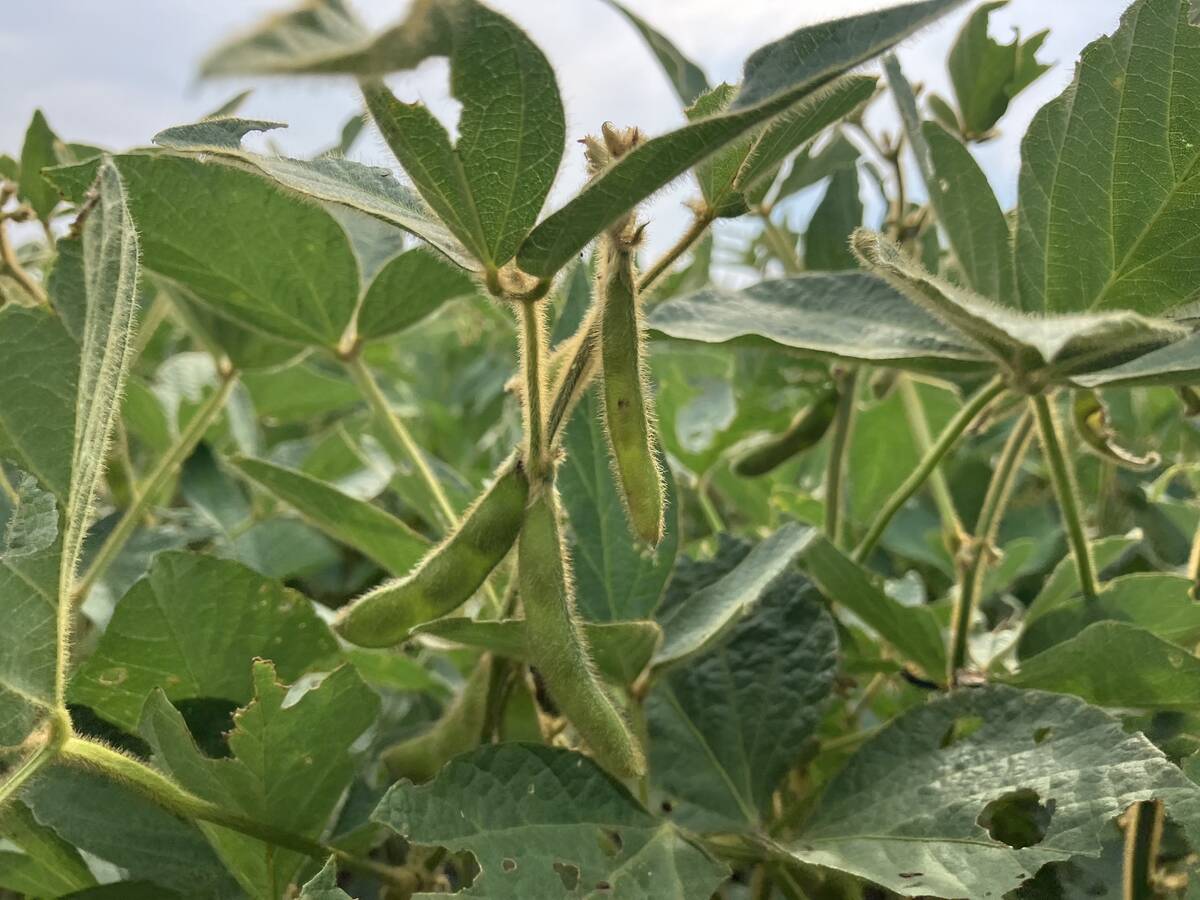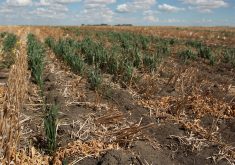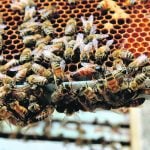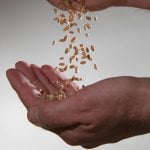BOTHWELL, Ont. — It’s the rural community as much as the success of agriculture that concerns the president and co-ordinator of the National Farmers Union in Ontario.
That’s because their fortunes are intertwined.
“We need to draw on our strength, and our strength has been the children of rural Ontario,” Emery Huszka said.
“I’m not naive. I know no one has all the answers, but there’s a lot of things we could do.”
Huszka spoke from his family’s farm near the southwestern Ontario community of Bothwell, where his parents, siblings and children all have a stake in agriculture. The number of active farmers has dwindled in his area, but the Huszkas remain part of a community.
Read Also

U.S. loses out on sales of soybean to China
U.S. soybean exporters risk missing out on billions of dollars worth of sales to China this year as trade talks drag on and buyers in the top oilseed importer lock in cargoes from Brazil.
That was evident in mid-November when Huszka and several neighbours were busy laying a “pull-through” in a trench to connect natural gas from his parents’ home to an outdoor, combination furnace.
Huszka described the neigh-bourhood as he looked up and down the gravelled road just west of Bothwell.
An abandoned farmstead next door was once among the most prosperous in the area.
Relatively few families actively farm anymore. Some have left, and others rent their land.
Huszka believes the situation can change for the better or, at least could be stabilized, with the right policies.
One idea would be to bring back the old Junior Farmer system that once helped young people enter the industry — a long-term, government loan program with a stable interest rate.
“It would be an investment by government without government having to put any money into it,” he said.
Credible risk management programs are essential to support farm incomes when commodity markets falter, Huszka said.
Government should also maintain its level of support for small rural municipalities.
Support of farmers, especially new young farmers, helps maintain the rural population, he said. So does support for local food systems, which enables families to earn a reasonable income on relatively small parcels of land.
The idea is to maintain or even increase the population in rural areas. That, in turn, supports rural communities.
“Our population is not appropriate for our demand for services.”
A related issue is the assessment for farm properties forecast by Ontario’s Municipal Property Tax Assessment Corp. Huszka said the influence of non-farm investors is inflating the price of farmland.
“We see it as a major threat to food production.”
Farmers who own the land they work are likely to be better stewards, Huszka added, because they’re influenced by the desire to pass on their property to their children.
The NFU has attracted many organic farmers to its membership base in Ontario, Huszka said.
He feels one of his roles is to help bridge the discussion be-tween organic and conventional farmers.
“I’m a farmer that uses many of the technologies available to us, but I also value doing things that are about stewardship,” he said.
“It’s not about what you spend. It’s about what’s left over.”
He said the farming community will be further ahead if knowledge is shared.
Huszka has started applying molasses to corn stalks, which encourages the microbial activity that helps break down the biomass.
He sees the growing interest in cover crops by both conventional and organic farmers as a positive development.

















